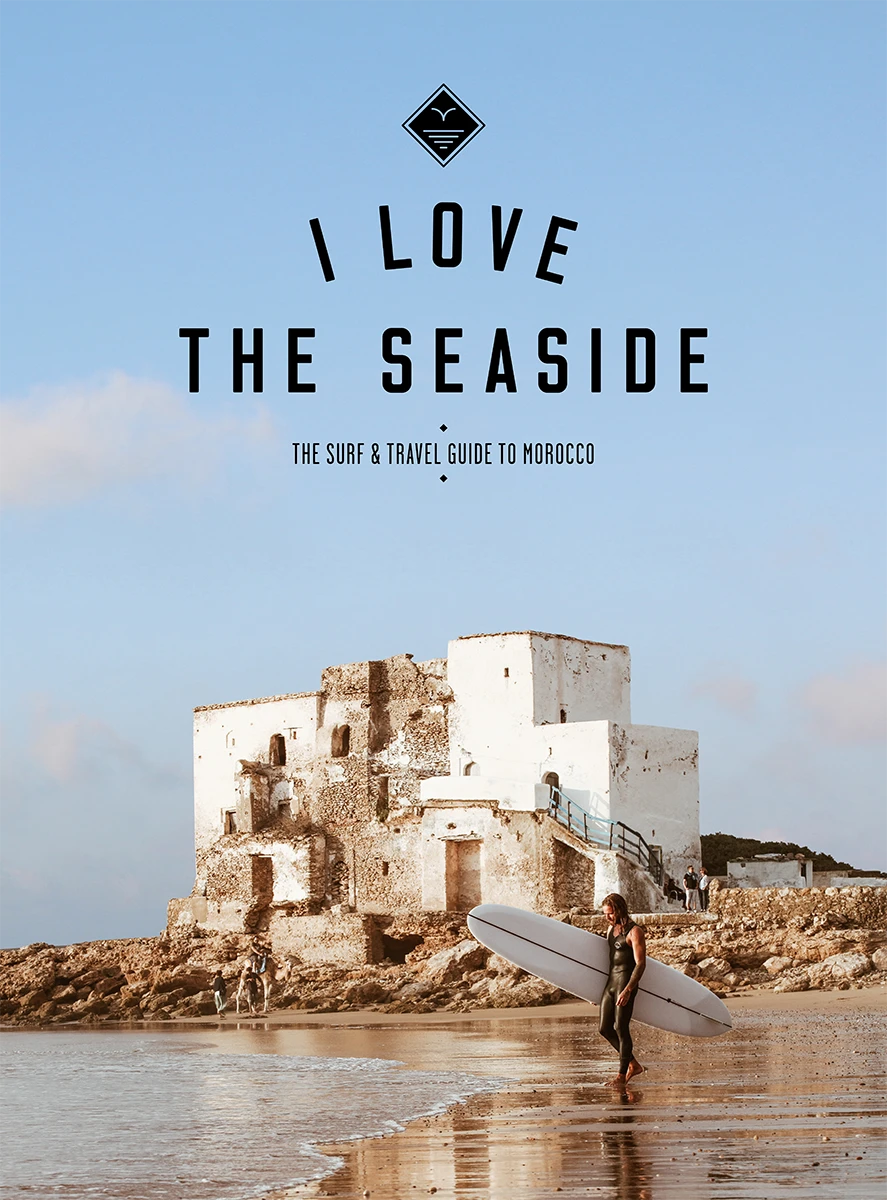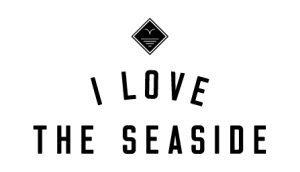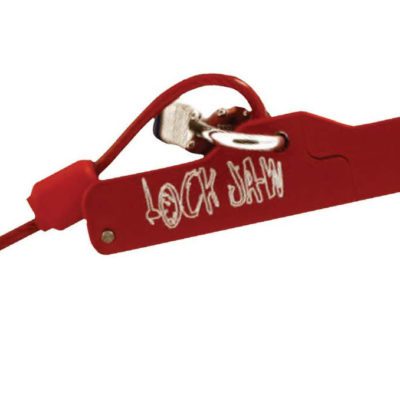Description
WHY THIS GUIDE?
Of everybody who loves the seaside, so many are surfing and their numbers are growing fast. In Europe the first and second-generation surfers are travelling with their families. Luckily girls and women are not an exception or rarity in the line-ups anymore.
Between excellent surf-guides, which will give the hard and fast facts about surf-spots, and a dozen traditional guidebooks with practical and/or historical information, the I Love The Seaside guide fills the gap for seaside-loving people with a taste for the beach and surfing lifestyle.
On our survey for the necessity of this guide we found that everybody, from solo travelling women surfers to families and couples – either surfing or loving the surf and beach lifestyle – all agreed that there’s something missing in their need as seaside travellers.




